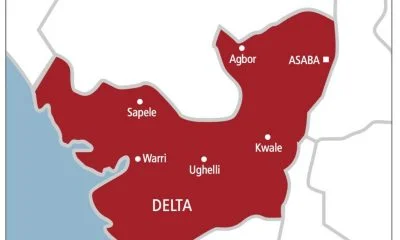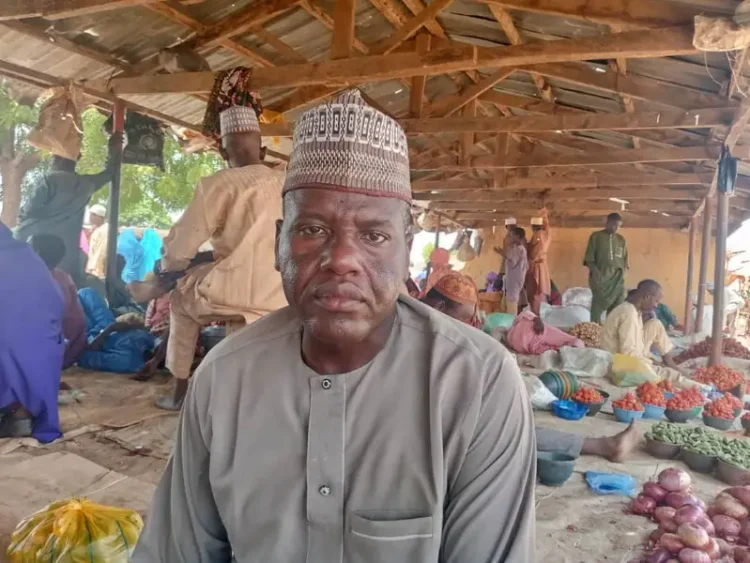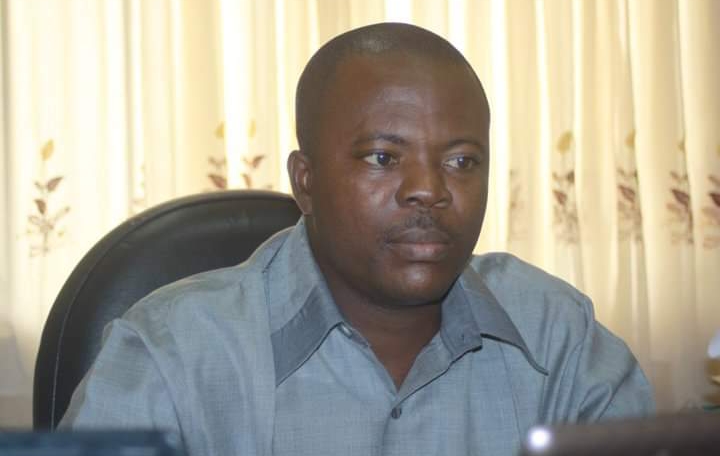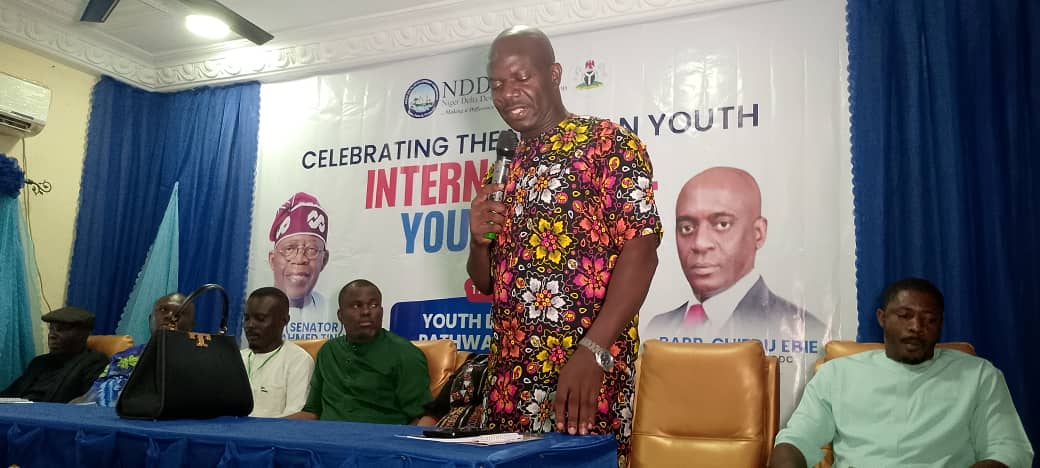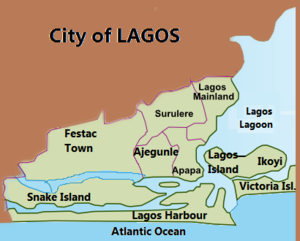The National Assembly has proposed a bill titled the ‘Equity Trust Fund’ aimed at addressing the challenges faced by young Nigerians in accessing funding for their various endeavours.
The assembly stated that, if passed into law, the dedicated fund would ensure sustainable job creation and economic growth.
Sen. Saliu Mustapha, Chairman of the Senate Committee on Agriculture Production Services and Rural Development, gave the assurance at the National Young People’s Dialogue on Inclusive Food Systems.
The dialogue was jointly organised by ActionAid Nigeria (AAN) and the Senate Committee on Agriculture Production Services and Rural Development.
It had support from the German International Cooperation (GIZ) through its Sustainable Agriculture Systems and Policies (AgSys) programme.
According to Mustapha, the fund is targeted at Nigerians aged 25 years and below.
“We are working to establish a trust fund that consistently supports both young Nigerians and women in their respective fields of endeavour.
“Such a fund would empower them to grow and excel in their chosen professions and businesses.
“If we succeed in creating this dedicated fund, which would serve as a start-up grant, it will enhance economic growth and help reduce the current ‘japasyndrome’ in the country.
“It will also create a more conducive environment for young men and women to thrive in their careers”.
Mustapha noted that agriculture remains crucial to reducing poverty and driving economic growth in Nigeria, and emphasised that youths play a vital role in sustaining agricultural productivity.
He highlighted that Nigerian youths, as key stakeholders in national development, bring valuable attributes such as resilience, resourcefulness, and perseverance.
“Youth involvement in agriculture can address pressing challenges such as an ageing farming population and widespread youth unemployment.
“To harness this potential, we need deliberate shifts in policy, targeted training, and promotion of agriculture among youths.
“This includes providing support, resources, and opportunities that encourage their active participation”.
He added that governments, organisations, and institutions must work together to create an enabling environment for youth involvement in agriculture.
“Youth participation offers numerous benefits, including job creation, economic growth, and sustainable development.
“Agriculture provides diverse employment opportunities, from crop and livestock production to agribusiness”.
Mustapha further stated that by supporting young entrepreneurs, governments can empower them to start businesses, create jobs, and contribute to national food security.
The dialogue, he explained, aimed to explore ways of ensuring increased youth participation in agriculture, reducing poverty, promoting economic growth, and generating employment opportunities for young people.
He pointed out that Nigeria’s population is steadily increasing, thereby requiring a huge rise in food production.
“Achieving food security is not only about producing more food but also about ensuring equitable access and distribution.
“While sustainable agricultural practices have made progress, challenges persist; including climate change, limited arable land, water scarcity, and biodiversity loss.
“Youth participation is critical to addressing these challenges. With their fresh perspectives, tech-savviness, and passion for sustainability, young people can introduce innovative solutions to the sector.
“Nigeria’s vibrant youth population can be a catalyst for both economic growth and improved food production”.
He acknowledged that Nigeria’s agricultural sector still faces issues such as an ageing farming population, limited access to modern farming technologies, and underutilised land.
He stressed that improving agricultural productivity and value chains is essential for reducing unemployment, poverty, and food insecurity.
“This dialogue seeks to proffer practical solutions to the barriers hindering effective youth participation in agriculture.
“We aim to explore opportunities in youth entrepreneurship, value addition, and diversification in the sector.
“By promoting youth engagement in agriculture, we can unlock sustainable development, economic growth, and job creation, ultimately leading to a more food-secure future for all”.
Also, Mr Azubike Nwokoye, Food Systems Specialist at ActionAid Nigeria, spoke on the Nigerian Youth in Agritech and Innovation Programme.
He said the overarching objective of the programme is to create sustainable jobs and livelihoods for young people in the agricultural sector, thereby contributing to economic growth.
According to him, the specific goals include facilitating youth-focused policies and programme advocacywithin the agricultural space.
